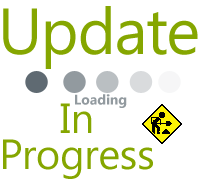Before you start the actual formal writing, it helps to think about and identify why you are
writing something, and what you are writing.
Answer some basic questions first
Before you start writing a draft, think and scribble around answering these questions:
o Why am I writing this?
o What do I want to achieve?
o Who am I writing for?
o What do I want people to think, feel, know or do after they have read it?
o What would be the best form for it to be written in? An article, pamphlet, poster, etc?
You can use the freewriting tool included in this toolkit during your thinking time.
Answering these questions will help you to be clearer, more confident and quicker in your
writing process.
 |
| Writing beyond what is needed to be said. Exploring creative writing intellects. |
Reasons for writing
What is your objective with your writing? What do you want to achieve? What do you
hope your audience or reader will think, feel, know or do afterwards?
We write for many reasons. It is good to identify a main objective. Sometimes we have
additional objectives. But if you have too many, you may weaken your piece of writing by
trying to achieve too many things at once. Your audience can end up feeling overloaded
and confused if your objective is not clear, or there are too many.
Be able to let go of some secondary objectives – you can tell yourself to hold them for
another publication or piece of writing so you can come back to them another time.
So why do people write?
People write, among other reasons, to:
- advocate
- agitate
- educate
- entertain
- evoke certain emotions
- debate
- inform
- lobby
- mobilise
- persuade
- plan
- promote particular action
- strategise
- raise awareness
- train
- win an argument




